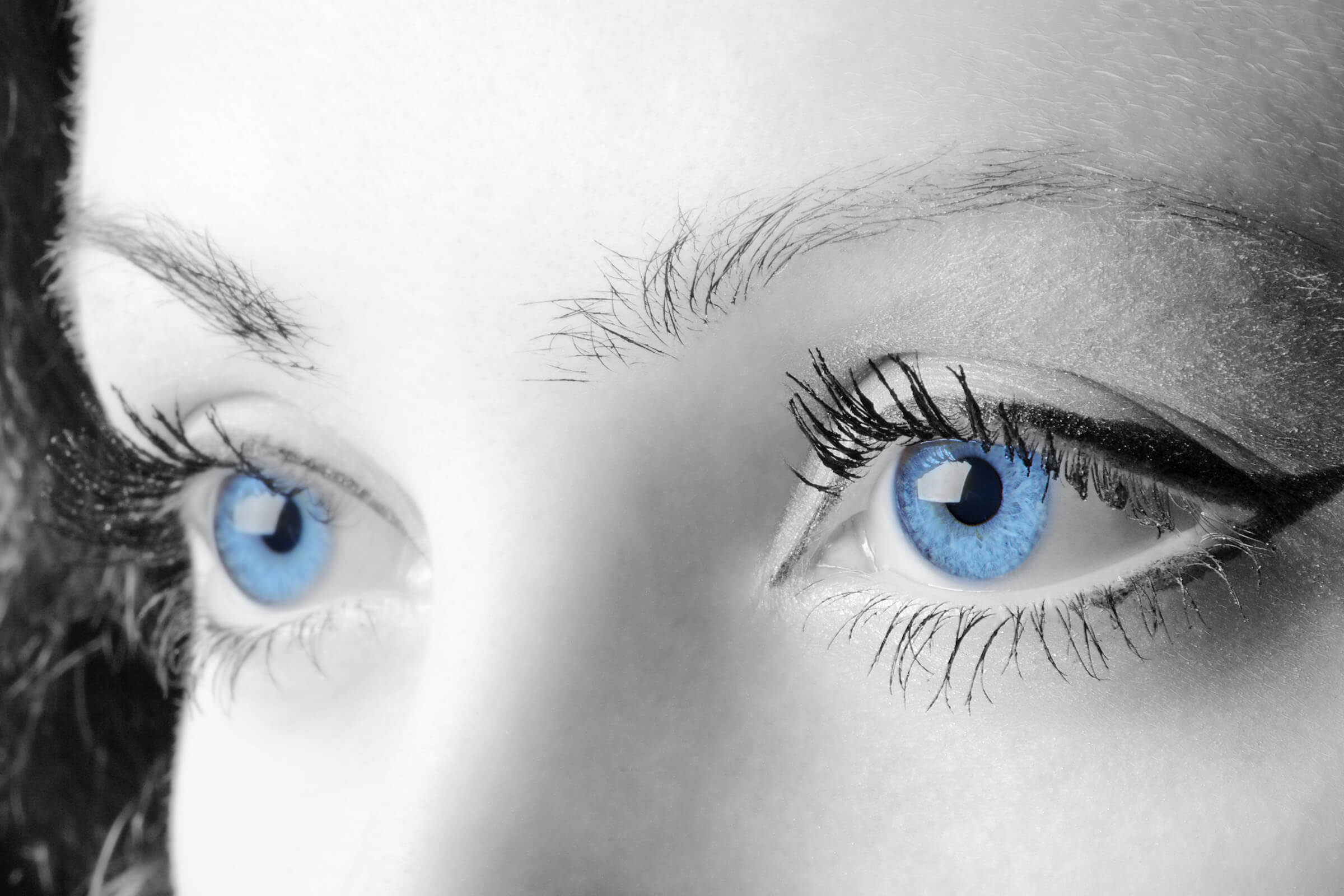Herzliche GlückwunschIch werde Patentante von nem super hübschen Jungen

Danke.. Es wird auch ne katholische Taufe geben in Spanien... da ich in vorigen Leben ein Kirchenamt inne hatte bin ich eh die richtige Person für die Patenschaft..
Katholen sind ja auch irgendwie Menschen

